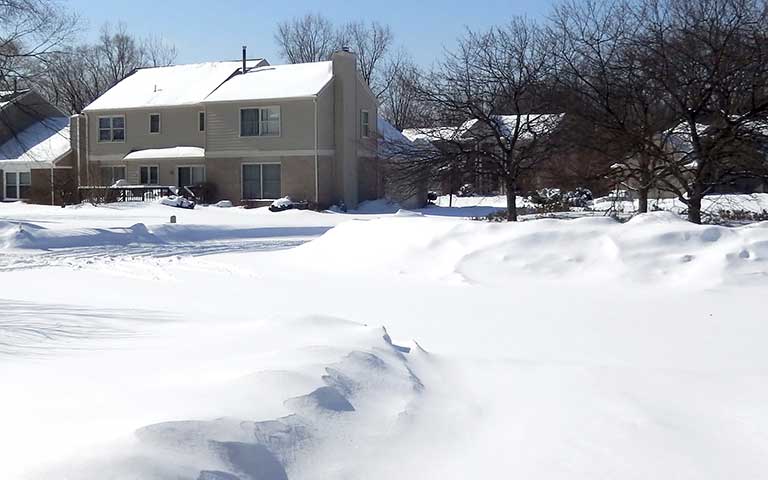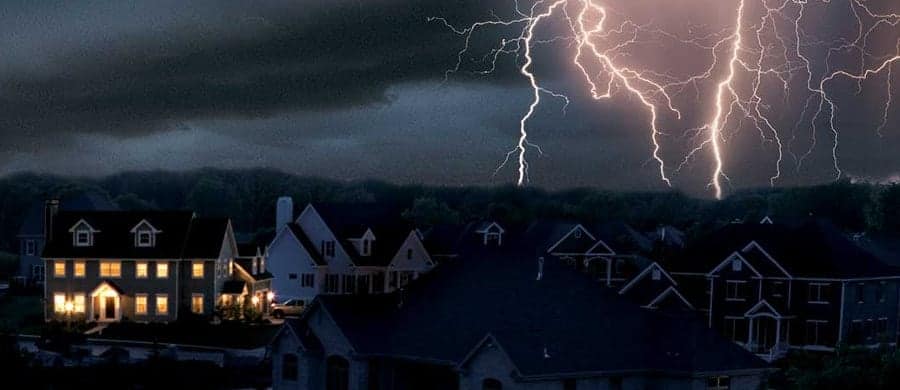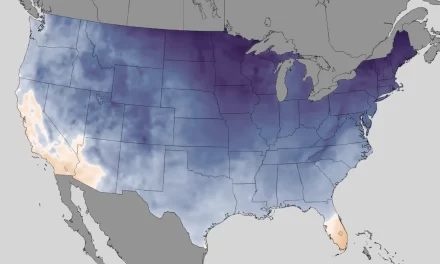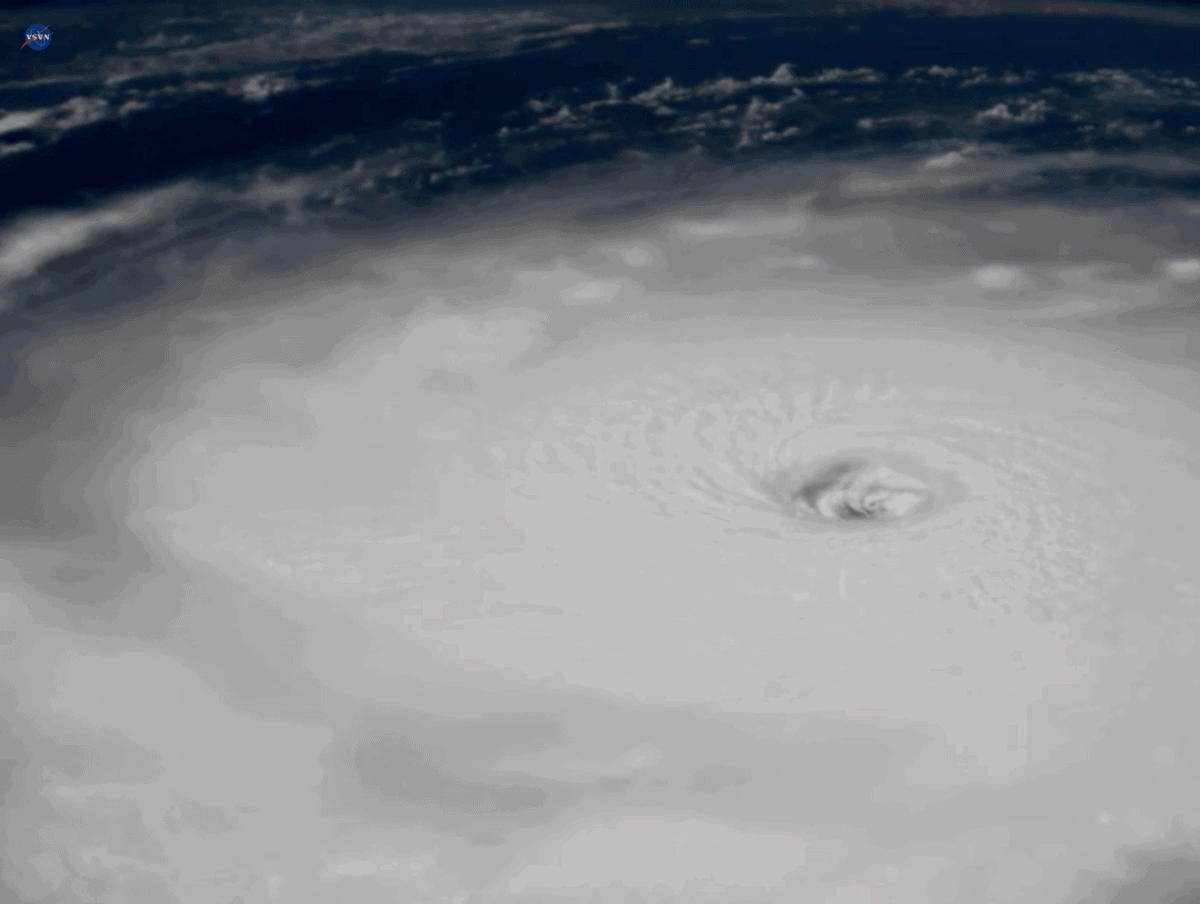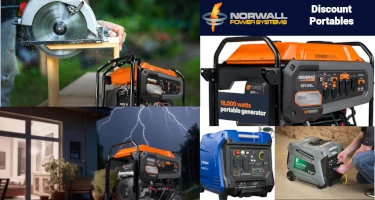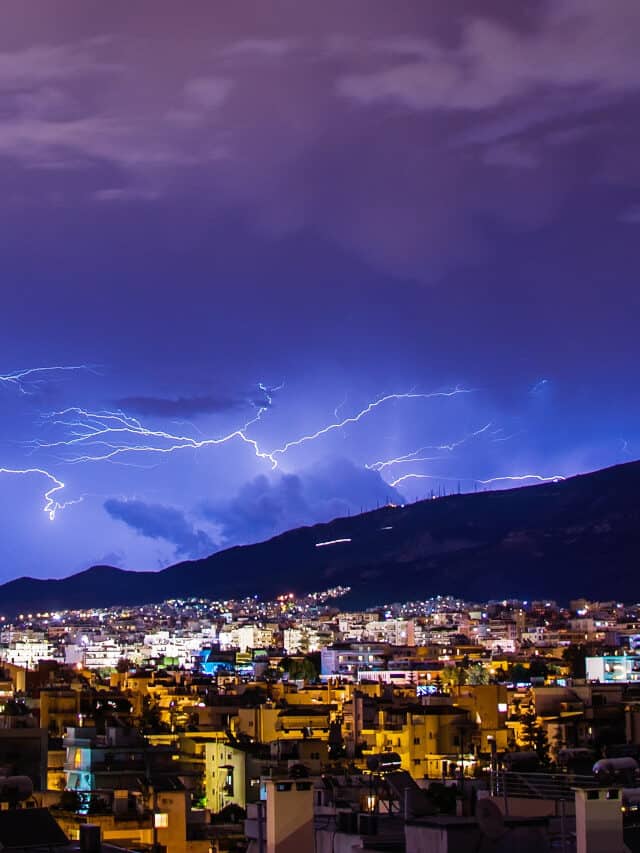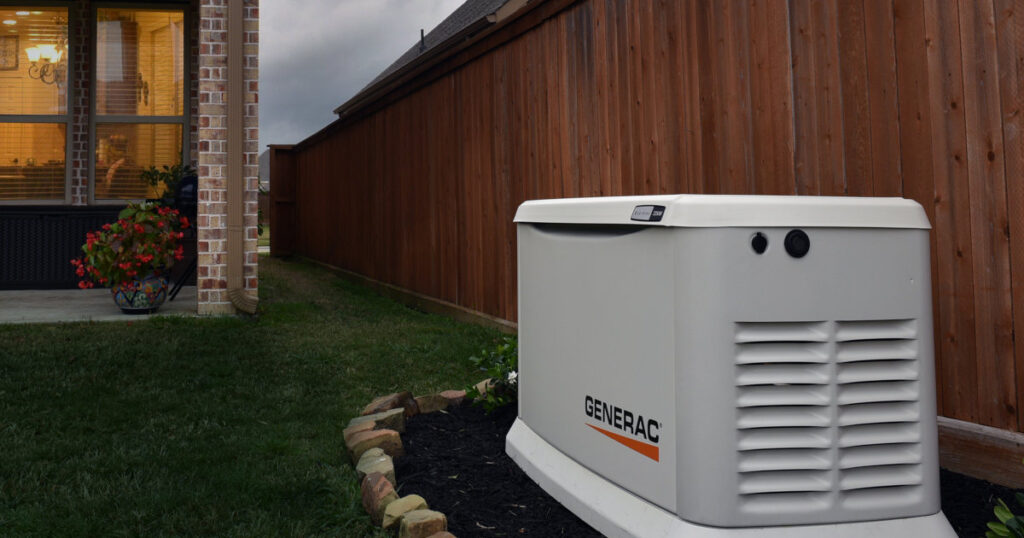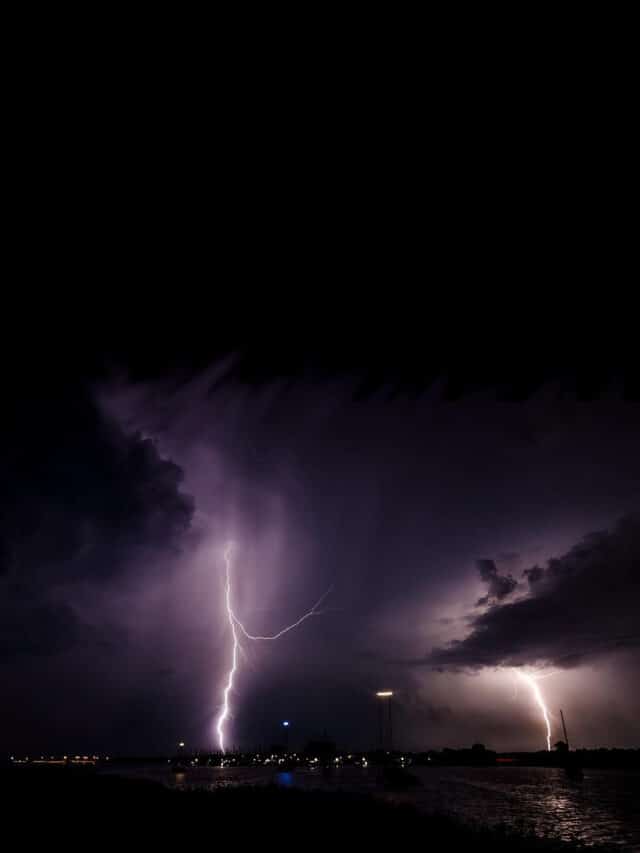When the power goes out in the winter, you’ll need a backup source of power to keep the heat and other essentials working.
Below Freezing Temperatures Have Serious Consequences for Homes Without Power
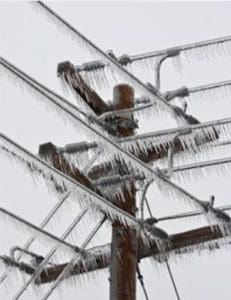 Originally based on an article by Generac Power Systems.
Originally based on an article by Generac Power Systems.
According to a study, just four percent of surveyed homeowners selected heat as the household item they would miss the most during a power outage. More than half (51%) said they would miss their TV the most. Of course, long hours in the dark can be incredibly boring without the entertainment of a news program or favorite show.
A few hours without power combined with below freezing temperatures might have those homeowners changing their mind. The original study alluded that many homeowners don’t realize the dangers and inconveniences they would face during a power outage. All of us have come to rely on conveniences as if they were necessities. In a time now long past, electric power was a convenience. Today, with modern home construction, electric power is a necessity.
1. Running Water
Pipes in exterior walls and unheated crawl spaces freeze first. The colder it is outside, the faster pipes in these locations will freeze. Good insulation in the walls can help, but as the temperature drops, the pipes will eventually freeze. Frozen pipes often burst. If the pipe is hidden in a wall, you won’t know it burst until the power comes back on and the broken pipes flood the house.
People with a well rely on electricity to pump their water. If the power goes out, the pump doesn’t work. One or two toilet flushes and the pressurized tank is empty and the flow of water stops. At this point, the chance of frozen pipes becomes more likely with every hour the power it out.
2. Sump Pumps
Ground water has a tendancy to seep into basements and some crawl spaces. A system of drain pipes and a sump pit with pump removes water from before the water level rises enough to flood your home.
A backup sump pump that runs on a deep cycle battery will keep you dry for perhaps half a day. You must keep the battery charged, usually with a battery maintainer/charger. If the battery runs low or fails, you won’t have a sump pump and probably won’t realize it until the basement or crawl space floods.
If you have a finished basement, mitigating flood damage will run into the thousands of dollars. Unless you have flood insurance, your homeowner’s policy won’t cover the damage.
Some losses can’t be measured in dollars. If you have a basement, chances are good you have boxes of memories and treasures that you can’t replace. They’ll join the soggy carpet, moldy drywall, and everything else at the curb, waiting for waste management to pick it up on trash collection day.
3. Internet
Every year, more people cut ties with the cable companies. Landline telephones are practically a thing of the past. Some people who still keep a phone in the house made the switch to cellular or internet. During an extended outage, cellular networks may not keep up with demand.
When the power goes out, your internet router loses power too. If its connection to the internet relies on grid power without backup, you will lose access to the internet along with everyone else.
No electricity, no television, no internet. And, when the power in your cell phone fades, you won’t have a way to charge it. The same is true about your laptop or tablet.
The Johnson Family took a winter vacation to the mountains to ski and snowboard, and bask in the hot springs near their resort. They were thankful to leave home before a winter storm arrived and relieved when their travel plans went off without a hitch. A few days after they arrived, a notification that their internet-connected thermostat had lost its connection to the server caused speculation, but no alarm. It had happened before. The Johnsons arrived home at the end of the week to a foot of snow in the driveway and a dark house.
A large tree branch overloaded with ice and snow had fallen on the power line running from the transformer to their house. No one had noticed. Without internet, the thermostat and furnace didn’t work. Not only had the pipes frozen, but the refrigerator and freezer were off. A bucket of ice cream in the freezer had completely melted—a sure indication that the temperature in the freezer had risen above freezing for too long before the house got cold enough for everything to freeze again.
Fortunately for the Johnsons, the frozen and burst pipes had not thawed, and a plumber was able to make repairs without a major flood, but the damage cost thousands of dollars to repair and the food in the refrigerator and freezer had spoiled.
The plumber recommended the family consider a standby generator to ensure their power stayed on during an outage.
Based on a true story.
4. Daylight
Of course, without power you’ll be in the dark. Daylight hours are short in the winter, and the further north you are, the shorter they get. A day without power is dreary enough, but the night makes it even harder. Candles add charm, flashlights help us move around.
Without power, you might find yourself wondering how you will cook supper. Then you realize the power has been out for hours and even though the house is getting colder, the food in the fridge is spoiling. When morning finally arrives, you’ll miss the pot of coffee or cup of tea.
Homes can get dark and stay dark for the majority of the day. Candles and flashlights work well for short periods of time, but it’s important to re-think backup lighting options during the winter when darkness is prolonged.
In 2021, Winter Storm Uri crippled Texans when more than 5 million people lost power. A cascade of events, many chalked up to human error and lack of forethought, eventually cause the deaths of at least 12 people. ERCOT instituted rolling blackouts to prevent the entire Texas grid from going down. The outages stranded some people in their homes because they were unable to charge their electric vehicles. In a major snafu, natural gas production stopped because authority in charge of the rolling blackouts turned off power to the natural gas fields, further crippling production. Kansas also instituted rolling blackouts while more outages spread to Louisiana, Oklahoma, Kentucky, and West Virginia.
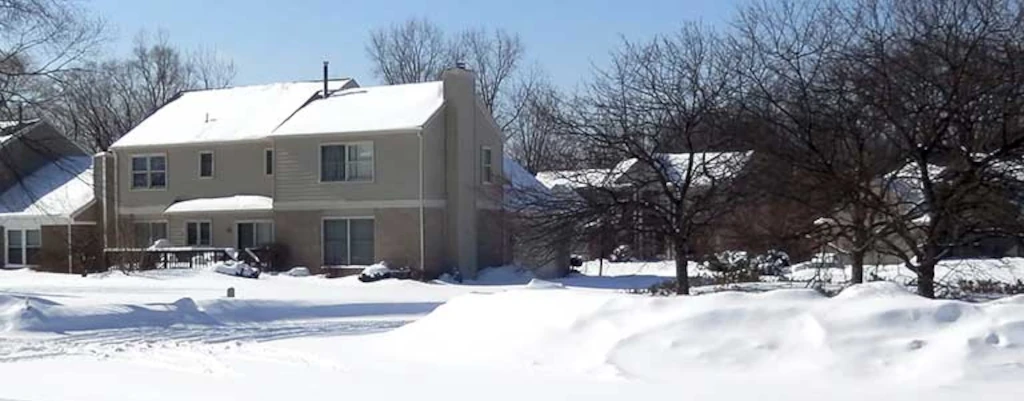
Power Outage Solutions
All homeowners will miss critical household functions if the power goes out in a winter storm. Subfreezing temperatures make it worse, and subzero conditions can turn uncomfortable into life-threatening in a hurry. Following a winter snowstorm in 2011, the Federal Emergency Management Agency issued a release stating that homeowners should consider preparing for emergencies with the purchase of a backup or portable generator for power outages. That same snowstorm took the life a 77 year old grandmother when her oxygen concentrator stopped working in the power outage.
FEMA Recommends a Backup Generator for Emergency Preparedness
Keep your family safe during a power outage with an organized winter preparedness plan that includes a stockpile of nonperishable food, water and other supplies, and a source of backup power.
Best Options for Backup Power:
- Homeowners: Automatic standby generator. Works whether you are at home or away on business or vacation.
- Home Renters: Portable Generator for powering essentials. Furnaces require a manual transfer switch.
- Apartment/Condominium: Portable Power Station to keep their essentials working. Recharge with Solar.
A generator or power station can make all the difference in regards to the safety of your home and family in the winter. To learn more about winter preparedness, see our Winter Emergency Checklist.

